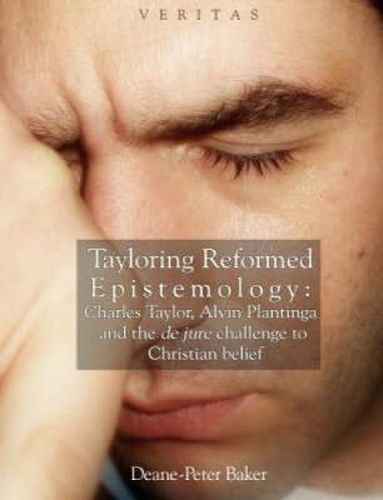In recent philosophical discourse, there has been a proliferation of work in the field of philosophy of religion, and in particular at the intersection between epistemology and philosophy of religion. Much of that interest has centred on the emergence of what has come to be known as ‘Reformed Epistemology’. The central claim of Reformed epistemologists is that belief in God is properly basic. The purpose of the arguments offered by Reformed epistemologists is to oppose what Plantinga calls the ‘de jure’ objection to theistic belief - the idea that it is somehow irrational, a dereliction of epistemic duty, or in some other sense epistemically unacceptable, to believe in God. This objection is distinct from what Plantinga labels the ‘de facto’ objection - the objection that, whatever the rational status of belief in God, it is, in fact, a false belief. The primary goal of Reformed epistemology, then, is to defend Christian belief against the de jure objection, thereby showing that everything really depends on the truth of Christian belief. This book demonstrates the feasibility of combining the Reformed epistemologist’s position with an argument for theism that the author draws from Charles Taylor’s work. In it, he shows the value that would be added to the Reformed epistemologist’s position by such a combination.
Read More





